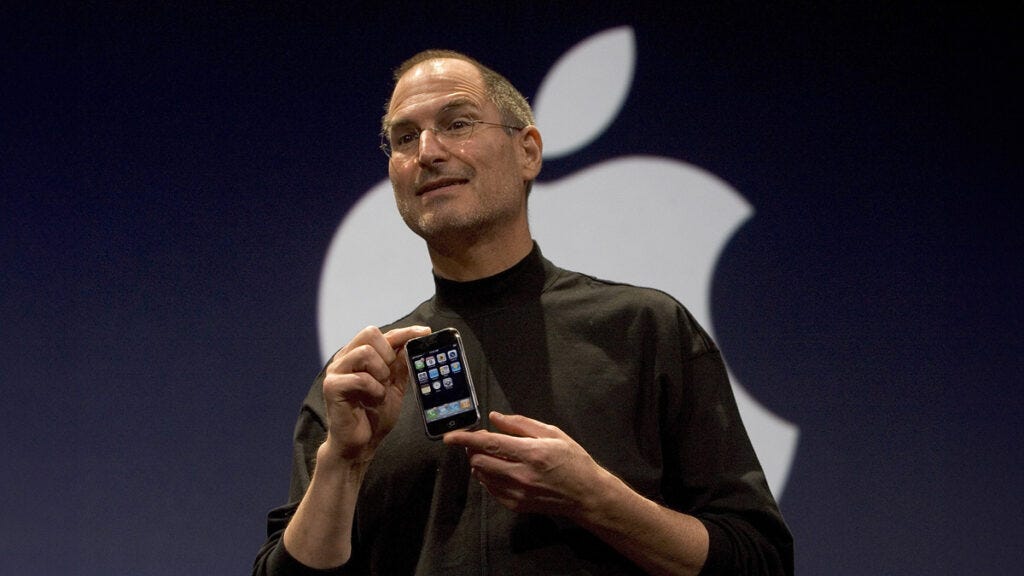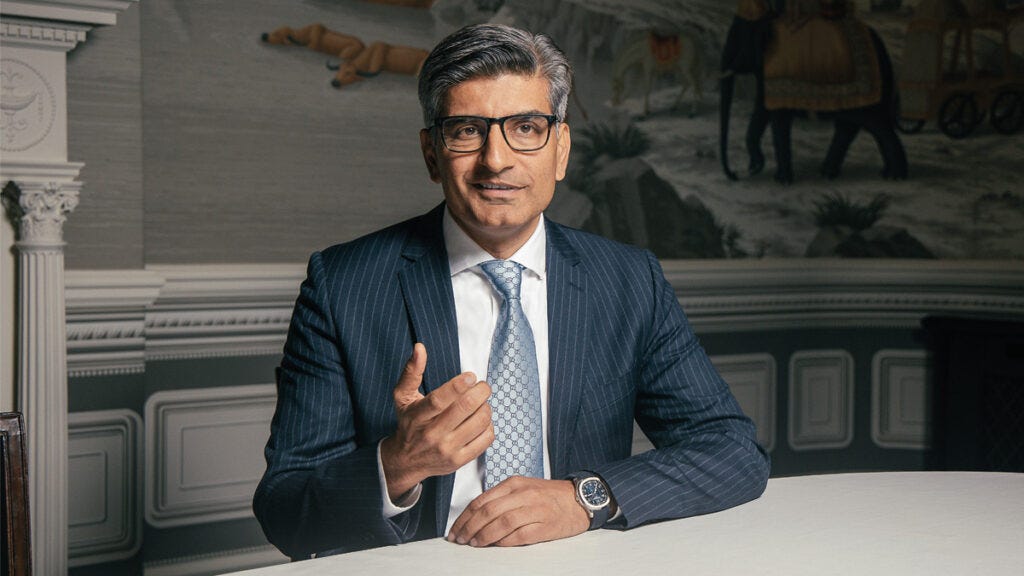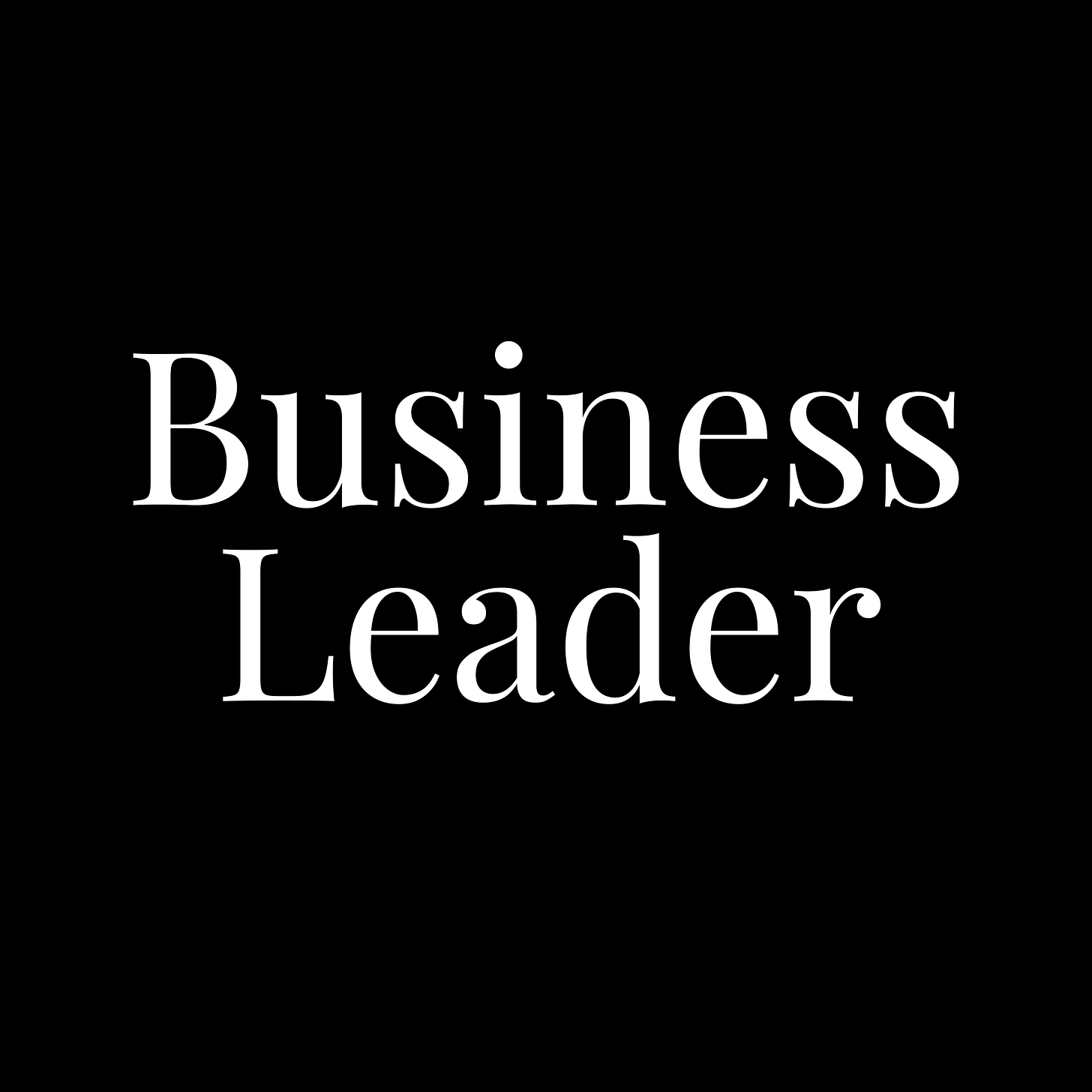Hello and welcome to the latest edition of Off to Lunch…
Nothing quite puts fire in your belly like someone doubting you or your team. Last week, a spirited England rugby team faced Ireland at Twickenham, a fortnight after losing to Scotland at Murrayfield. Some pundits predicted that the men from the Emerald Isle would win the game by up to 35 points.
England came out on top of the contest 23-22 but the noticeable thing post-match was how fuelled the players were by being counted out. An emotional Ben Earl was interviewed post-match after a player of the match performance and pointed to the fuel that the team got from being doubted. "Apparently we were the worst England team ever," he said. "People don't see half the stuff we do [behind the scenes]. They can write what they want..."
This same mentality has fuelled entrepreneurs since the beginning of time. This mindset is the reason we have the iPhone. Steve Jobs' wife loved to host barbecues at their Silicon Valley home. At one of these events, the husband of a friend of hers, who was an executive at Microsoft, was in attendance. The exec was boastfully saying that Microsoft had invented the future of computing and that Apple should just pack in their business.
"It's this pad thing with a stylus," says Will Storr, whose book The Status Game includes this story, on a recent appearance on Joe Rogan's podcast. "He really annoyed the f**k out of Steve Jobs. So Monday morning, Jobs comes into Apple furious, swearing and going, 'Right, we're going to prove this pr*ck wrong'. It's not a stylus, it's a finger. From that barbecue came his rage, and from the rage came the iPhone."
This same mentality was used to scale B&M into the £5 billion FTSE 100 company it is today. It was a small discount chain in the north of England when Simon Arora took control in 2004. In an interview with Business Leader, Arora recalls how a pivotal moment less than a year into his tenure could have completely altered the company's path:
"I offered Home Bargains B&M for £3 million. I thought: 'We’ve sort of stabilised it, but we are struggling to know how to make this a success. Maybe if we just walk away with a £2 million profit for a year’s work, we’ll go and find something else.'
“The response we got back through a third party – so it is hearsay – was: 'No thanks, we will buy it from the administrator when you go bust.’”
“Now if there’s something that’s going to put fire in your belly, it’s that.”
You can read the full exclusive interview with Simon Arora here.
Podcast…
The latest episode of our Business Leader podcast looks at learning from failure. We speak to John Stapleton about how he co-founded two successful food businesses - New Covent Garden Soup Company and Little Dish - but also suffered failures with a business in the US and with a promising athletics career before he went into business.
You can listen to the episode on Substack here, Apple here or Spotify here
Other stories that matter…
1. Rishi Sunak nixed rumours about a May general election during an ITV News appearance last night. The Labour Party has said that the PM is “running scared”. You can read more here
2. THG founder and CEO Matthew Moulding has announced a shuffle in the group's boardroom this morning. After a shareholder revolt earlier in the year, Iain McDonald has stepped down as a non-executive director. The famously outspoken Moulding took to LinkedIn to talk about McDonald's impact on the company over the years and offer an insight into how THG was built. You can read it here
3. The Economist has published an article arguing that the post-pandemic world is less conducive to concentration, no matter your work situation. You can read the piece here
4. The CMA has hinted that it may take a closer look into Barratt’s proposed £2.5 billion acquisition of rival Redrow. Last month the companies reached an agreement that would see them merge into the country’s largest housebuilder. In a statement this morning, the CMA said that may look into "whether the creation of that situation may be expected to result in a substantial lessening of competition within any market or markets in the United Kingdom". You can read more here
5. Freaknomics entered the zeitgeist in 2005. What started as a book has expanded into a media empire. Steven D. Levitt, one of the authors of Freakonomics and a University of Chicago economics professor, appeared on The Capitalism and Freedom in the 21st Century podcast to talk about the brand's journey and much more. You can read the transcript of the conversation here
The new Business Leader…
The new Business Leader website and magazine have now launched. We are building a new inspirational, aspirational and agenda-setting business publication for the UK. You can read our analysis, interviews and expert columnists on our website by clicking the image below. Our new magazine is on its way to shops and you can subscribe to your own print or digital version by clicking here
And finally…
The Sunday Times has released its list of best places to live for 2024. If you don't want a spoiler as to where that is, that's a shame because we're about to tell you.
North Berwick in Scotland has taken the crown for the best place to live in the UK. The east of England's top place to live is Wivenhoe in Essex, with Leeds coming out on top in the north and north-east of England. Clerkenwell in central London is the capital's best according to the list.
Notable omissions have seen previous national winners Bristol and York drop off the list "as the judges look for improving locations with a strong sense of community rather than high house prices driven by high demand."
You can see the full list here
Thanks for reading. If you enjoy Off to Lunch then please share it with others and spread the word. If this newsletter was shared with you then please sign-up below to get Off to Lunch sent directly to your inbox











